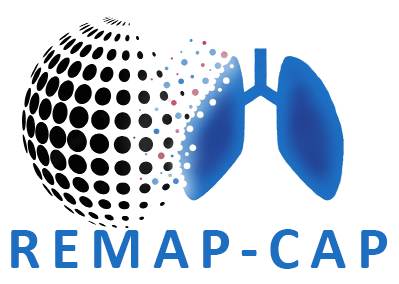What is an adaptive clinical trial?
This trial uses a study design known as a REMAP - a Randomised, Embedded, Multifactorial, Adaptive Platform trial. The broad objective of this REMAP is, over time, to determine and continuously update the optimal set of treatments for hospitalised patients with respiratory tract infections.
In a traditional clinical trial, selected patients are allocated to receive one treatment from a short list of alternatives (typically one or two). Different questions are tested sequentially.
Patients who are eligible for participation in REMAP-CAP will be randomised to receive one intervention in each of one or more categories of treatment (“domains”). These interventions can be tested simultaneously.
Information from patients already participating in the study can also be used to help guide the treatment of new patients joining the study. Most trials are not able to do this.
In contrast to a conventional trial, the adaptive design of a REMAP has a number of benefits:
Ambiguous results are avoided
Answers to a question can be concluded when sufficient data have accrued, rather than when a pre-specified sample size is reached
The effect of treatment options can be evaluated in pre-defined subgroups of patients (termed strata)
Data that is already accrued is utilised to increase the likelihood that patients within the trial are randomised to treatments that are more likely to be beneficial
Multiple questions can be evaluated simultaneously
New questions can be substituted into the trial as initial questions are answered, meaning that the trial can be perpetual (or at least open-ended)
Interactions between interventions in different domains can be evaluated
Furthermore, in the event of a future epidemic of a novel or re-emerging respiratory pathogen, this REMAP would be able to evaluate the most relevant treatment options.


